Why was Alexander the Great called Iskander the Two-Horned
Categories: Asia | Celebrities | History | World
By Pictolic https://pictolic.com/article/why-was-alexander-the-great-called-iskander-the-two-horned.htmlEveryone who was interested in the personality of Alexander the Great came across his unusual nickname. Some eastern sources call the king Iskander the Two-Horned or Iskander Zu-l-Karnain. It is well known that in ancient times they often supplied horns to a variety of personalities, including quite positive ones. Even the prophet Moses was depicted with horns. But if everything is more or less clear with the leader of the ancient Jews, then how did Alexander the Great deserve such a nickname?
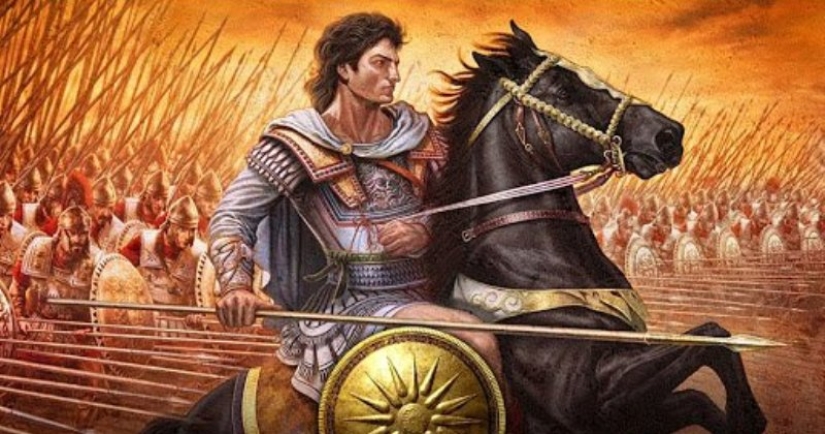
One might think that the attitude of the enslaved peoples towards Alexander, who conquered half of the Ancient World, was not the best. Maybe that's why he was given horns? But actually on East to Almost everyone treats Macedonian well, except Zoroastrians. Those associate him with the evil demon Ahriman.
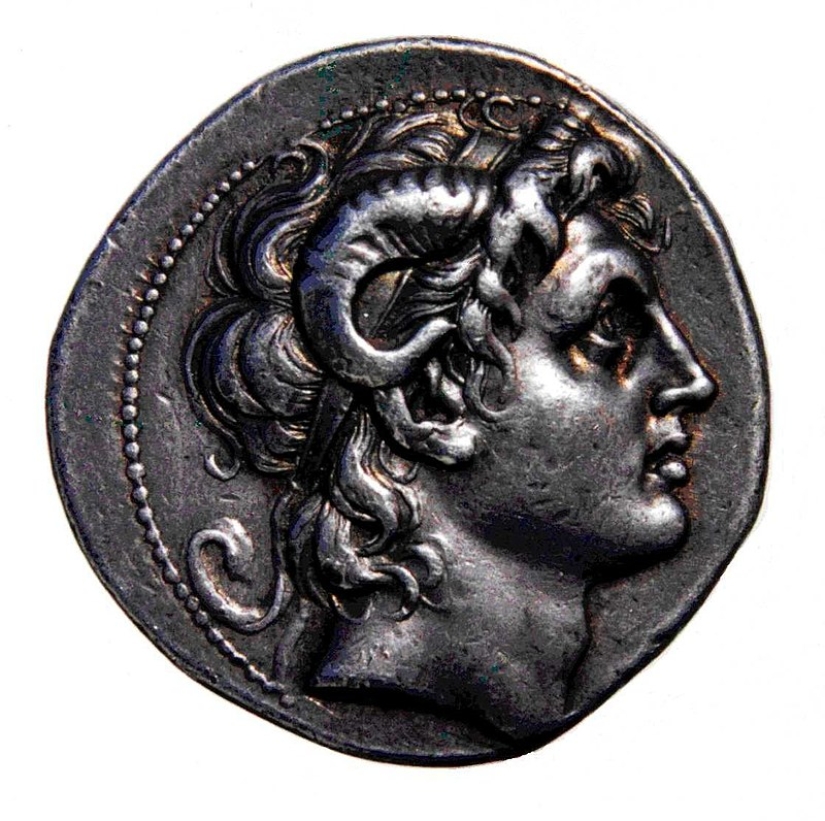
In Islam, the "Two-Horned" attitude is more than positive. The holy book of Muslims, the Koran, mentions several times a king with such a nickname, righteous and powerful. He built a wall protecting the Islamic world from the savage peoples of Yajuj and Majuj, referred to in the Bible as Gog and Magog. These warlike people lived far away in the east, led a wild lifestyle and defiled everything they touched. Many believe that the "two—horned tsar" is Alexander the Great.
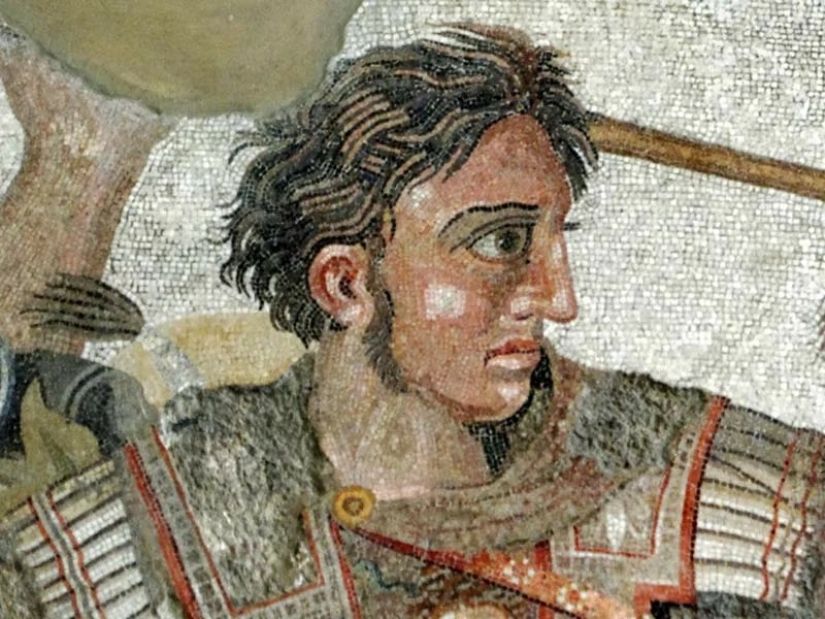
But still, why is two-horned and since when has such a nickname become positive? There are several hypotheses about this. The funniest of them says that the king actually had two small horns on his head. Alexander carefully hid them and only his personal hairdresser knew his secret. But one day the master of hairstyles got drunk and blabbed. Moreover, he told the royal secret not to people, but... to a reed. But they made a pipe out of a reed, and when they started playing on it, she sang the secret of the Macedonian to the whole world.
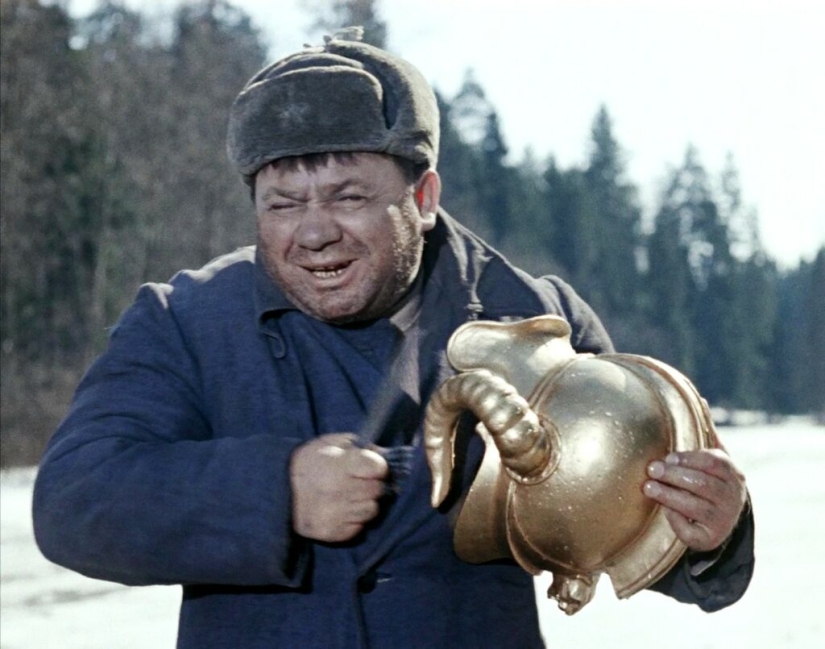
The second version is more realistic. She says that the helmet of Alexander the Great was crowned with two golden horns. They not only decorated the royal armor, but were also successfully used in battle. The third hypothesis says that Alexander was nicknamed the Two-horned because of his conquests. The lands captured by the tsar stretched as on East, and West. Macedonian owned these two "horns", that is, the cardinal directions.
But the explanation itself has to do with religion. It is well known that Alexander the Great associated himself with Zeus, who in the Middle East and in North Africa was called Amon. If in Europe Zeus was depicted as a bull, then the peoples of the desert identified Zeus-Amon with a ram. Both animals, by the way, are horned.
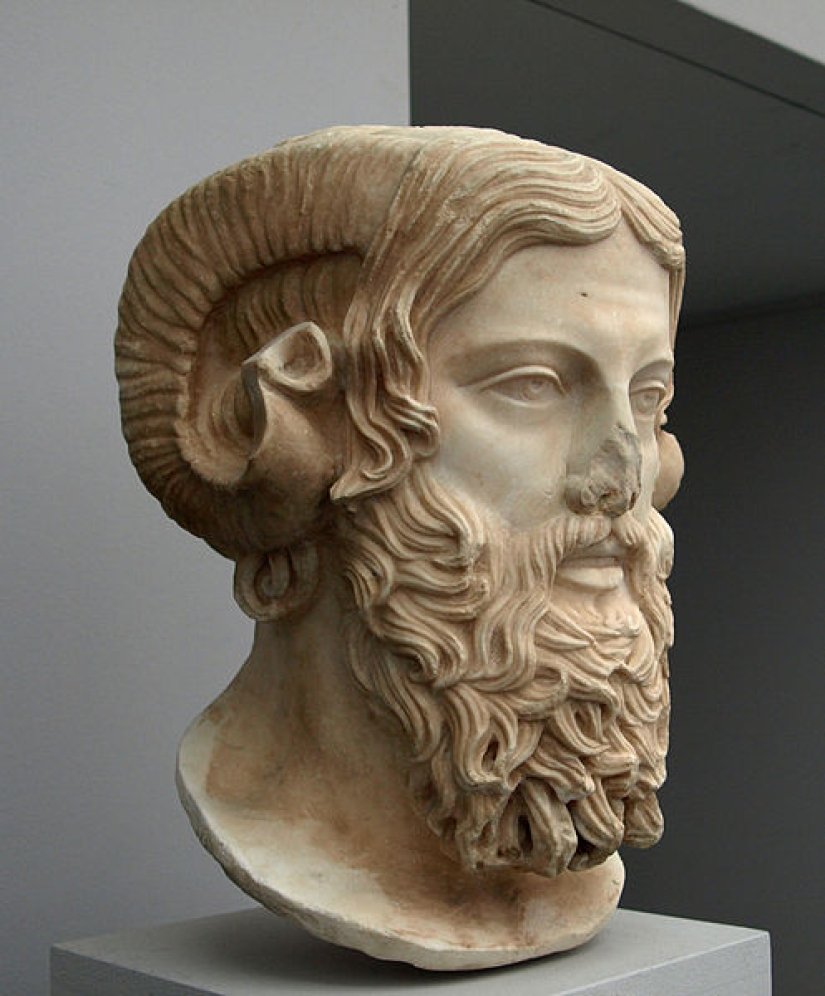
Alexander especially fell in love with Amon after he visited the oracle of Amon in the spring of 331 BC. The sanctuary of the deity was located in the Siwa oasis in the Libyan desert. It is said that the oracle addressed the king as the son of god. After that, Macedonian began to develop a special cult of Amon of Libya — a god with ram horns.
Recent articles

Victor Lustig is considered one of the most skillful and famous scammers in the world. He was arrested about 50 times and released ...

A small apartment is not a sentence! On the contrary, this is an occasion to turn on imagination and come up with ways to stylishly ...

Each of us has heard at least once that "breakfast is the most important meal of the day." Spreading this truth is the work of ...